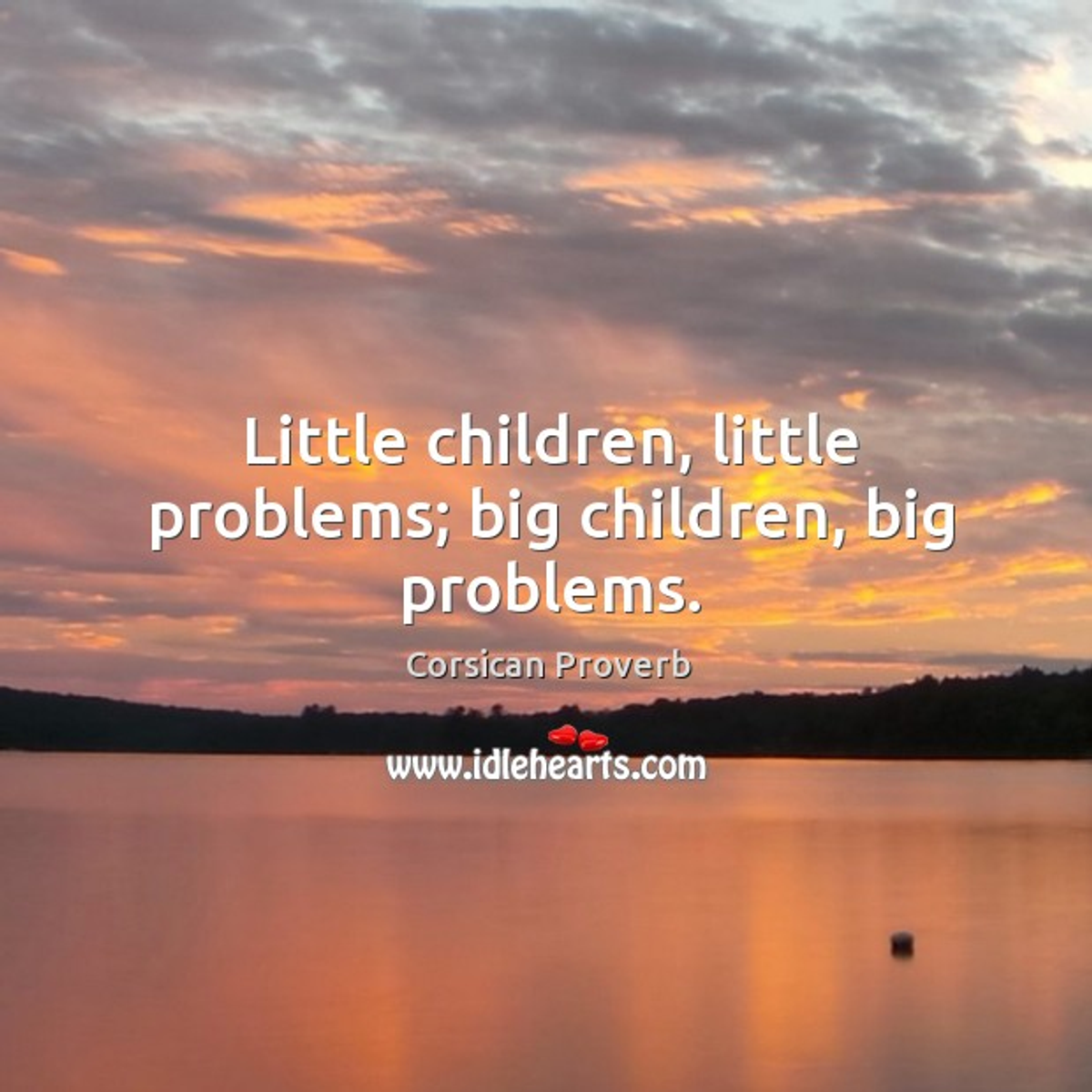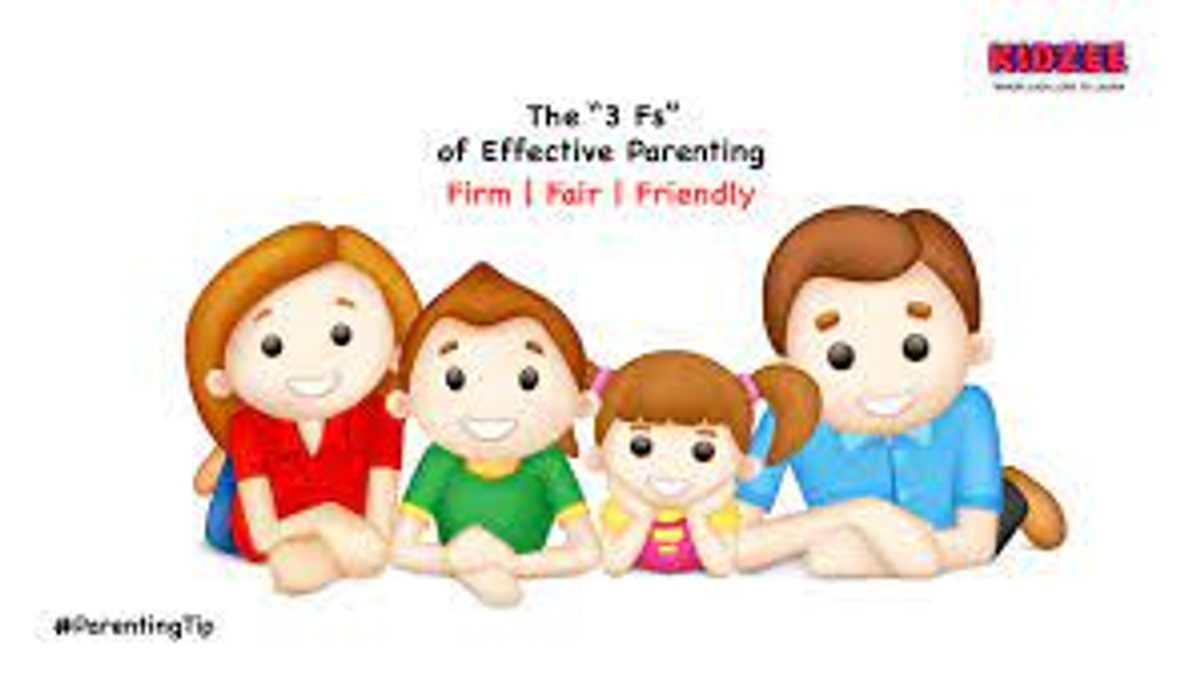Diverse Learning

Play Time
How to help your child if they are making poor choices during playtime.
Children misbehave for a number of reasons. They may be:
- Worried upset or intimidated
- Seeking attention
- Trying to get their own way
- Unsure of what they should be doing
- Unclear about what the instructions meant
The effect of these behaviours may be that the child is labelled by other parents as “naughty” and by other children as “babyish”. The way that others react to the child may then lead to a cycle of inappropriate behaviour developing.
Ways to help…
- Praise. Praise is letting the child know when they have behaved in an appropriate way. Noticing or giving attention to good things is a way of breaking children's old, unhelpful habits. It is important to be specific about what you are praising eg. “I was really proud of the way that you congratulated that boy from the other team when he scored a goal.”
- Ask your child why they behaved the way that they did. This will demonstrate to your child that you are prepared to listen to their side of the story and that you care about how they felt in the situation. It may also give you insight into the logic behind the child's actions.
- Give Rewards. Rewards are special things that happen after the child has behaved well. Some examples of this are getting a sticker to put on a chart or being allowed to stay up half an hour later on the weekend. Don't expect your child's “bad” behaviours to change straight away - it may take time so be prepared to be both persistent and consistent.
- Have clear rules and consequences. Rules are an important part of play because they teach children how to cooperate with other children and also which behaviours are acceptable and which ones are not. It is important that everybody involved is expected to follow the same rules. There should be clear consequences for what will happen if the rules are broken.
Consequences should be short, mild and predictable - such as removing a privilege for a short period of time, like watching TV or using technology. Logical consequences are ideal - if the child is late home one day, then they should come home early the next day. If they keep getting out of bed at night, then the minutes it takes him/her to stay there are added to an earlier bedtime the next night.
- Be consistent. Children like to explore the limits of acceptable behaviour, so it is important to be clear in your own mind about where those limits lie. If a child has been allowed to get away with a behaviour once they are more likely to try it again. Remember to be reasonable and realistic in the limits you set - take your child's needs into consideration. Appropriate limits will help your child to feel more secure about their relationship with both you and the outside world.
- Stay in control. Be fair, firm and consistent when dealing with your child's behaviour. This means that the way that you respond to your child should be the same every time that a particular behaviour occurs. If there are two parents then it is important for both parents to be consistent in front of the child.
- Be aware of possible causes of behaviour. For example, if the child is frustrated that they cannot do something well (such as hit a cricket ball, or catch) then they may be “acting out” these frustrations by behaving badly. Giving children hints on how to improve their skills and practicing these skills regularly may help to reduce those frustrations. The child may also be acting out as a way of dealing with other things that are stressing them such as fighting with one of their friends, coping with stressful things in their lives such as loss or conflict, poor self-esteem or frustration over not being able to achieve at school.
- Talk to your children about appropriate behaviour. It is important that your child understands what behaviours are and are not appropriate. This may involve talking about other ways that they may be able to deal with a situation. For example, if somebody teases them in the playground it is ok for them to walk away and tell a teacher but it is not ok for them to hit the child.
- Develop your child's self-esteem. Be consistent in encouraging your child to notice the things that are special and good about themselves. If your child has a general impression of themselves as “OK” then they will probably begin to “ act out” less and their overall behaviour in play may improve.
- Have realistic expectations. It is probably not realistic to expect your child to approach things in the same way that you do. Try to keep the “ big picture” in mind and don’t get bogged down in details. When your child is playing, make sure that they are safe, but give them opportunities to create their own way of doing things.
You'll probably find that although none of these ideas is a magic cure, they will make a difference if you use them consistently over time. If you continue to have difficulties with your child's behaviour then a psychologist may be able to offer further advice. Please contact your child’s class teacher for a list of recommended professionals.
‘Kickstart’: Taking The Difficulties Out of Learning. Campbelltown Community Health Service
Ms Janelle Schembri | Diverse Learning Coordinator




